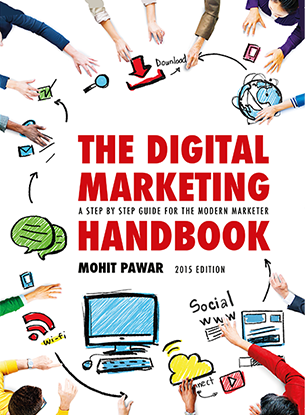I have met some amazing people who don’t plan much.
And many others swear by planning.
I am somewhere in the middle.
There are some things I plan and think a lot about, and others where I go with the flow.
What I have realized is that planning does not hurt, and it often helps.
Let’s take a look at the kind of planning one can do.
Daily Planning
Spend 5-10 minutes at the end of the day to plan for the day ahead or spend the same time first thing in the morning. One option that works for me is to divide the day into 2-4 zones. One zone, usually in the mornings when I create. The second zone is where I do stuff I need to do, then another zone in the afternoon, where I consume. And finally, the fourth zone or part of the day, where I connect, consume, and unwind. Ensure that no more than 3-5 items are on your to-do list for the day. Keep 1 item you do daily that takes you close to your big goals. Choose 1-2 items that keep you moving, it can be something you create or do, and 1-2 items related to communication and connection.
Weekly Planning
Weekly planning, when done regularly, puts you in control. Spend about 30 minutes planning the week on a Friday afternoon, Saturday, or Saturday morning. It helps greatly because, with it, you get into a new week with clarity on what you plan on accomplishing in the next week. For best results, theme your days. Keep 1-2 days for big creation activities, 1-2 days for consumption (like reading books or taking courses), and 1-2 days for connection and communication. When you theme your days, you don’t have to do that one thing for the whole day. Just make it your focus for most of the day.
Monthly Planning
Set aside 2-4 hours on the weekend for this. The best time to do it is the last weekend of the month when you plan for next month. It is best done on a calendar or whiteboard after thinking about 1-3 big items you want to take care of in a given month. Use it to look at and guide your week-by-week flow rhythm. Break your bigger goals into smaller actions and lay them across weeks to ensure completion. Also, keep some time to review how you did in the previous month and use it to guide your next month’s plan.
Annual Planning
Set aside a full week or at least 2-3 days to plan your entire next year. To ensure it is realistic and has room to cover all that has been on your mind, make an annual planning sheet and add to it whenever you get an idea or thought that you’d like to cover during annual planning. Annual plans are great for significant changes and accomplishing big goals. A well-rounded annual plan will consider all aspects of your life – personal, professional, health, finances, spirituality, relationships, etc. I used to choose my three words for the next year during my annual plan. And like monthly planning, an annual plan will not account for what has and hasn’t worked for you without reviewing the year. Check out one of my annual reviews to see what it looks like.
I also like to do a broad long-term that takes 3-5 years into account. It is just an extension of an annual plan that considers what you want to be doing and focusing on for several years.
Hope you will find it helpful.


